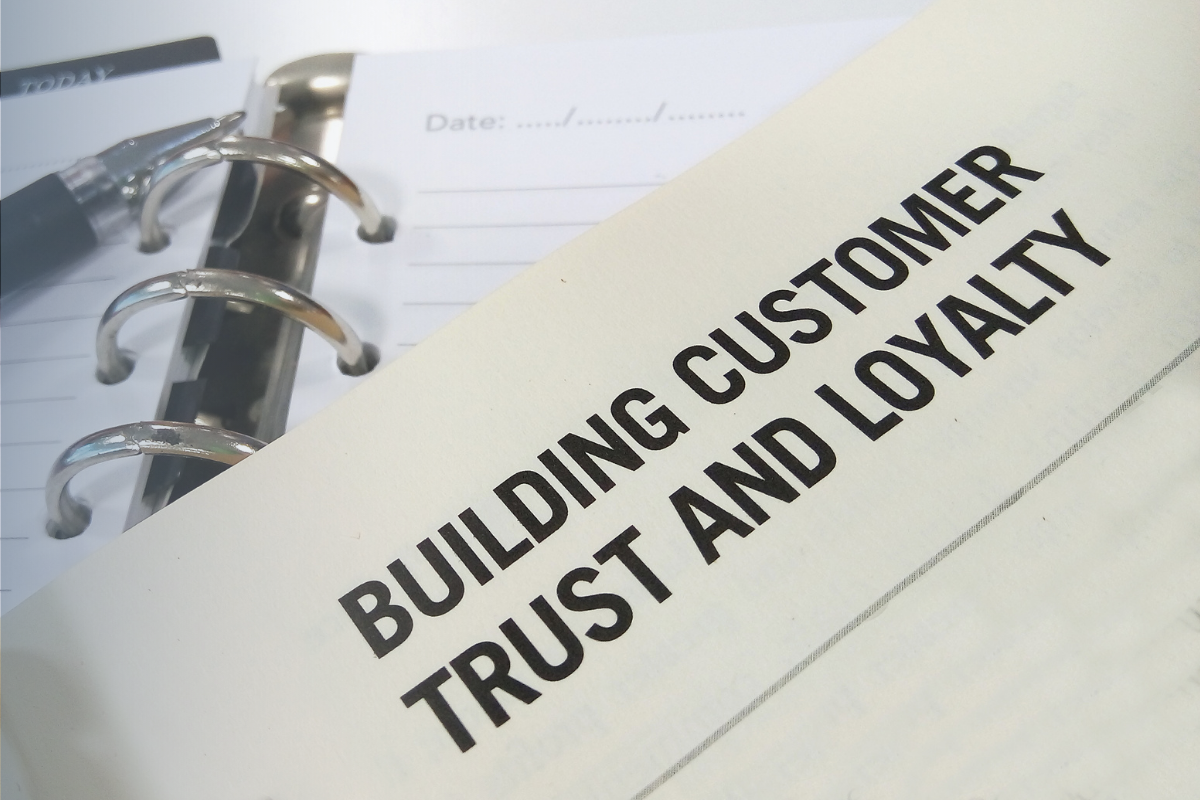3 Ways to Increase Customer Loyalty
How do you maintain customer loyalty? For businesses, the question involves when, how and how often to interact with customers.
According to the Harvard Business Review, the Customer Contact Council, a division of the Corporate Executive Board, conducted a study of more than 75,000 people who had interacted over the phone with contact-center representatives or through self-service channels such as the web, voice prompts, chat and e-mail. The survey asked these three questions:
- How important is customer service to loyalty?
- Which customer service activities increase loyalty, and which don’t?
- Can companies increase loyalty without raising their customer service operating costs?
The results of the survey reveal that making things easier for the customer helps mitigate customer disloyalty. The top issues customers reported are:
- 62%: having to repeatedly contact the company to resolve an issue.
- 59%: being transferred between departments.
- 59%: expending moderate-to-high effort to resolve their issue.
- 57%: having to switch from the web to the phone.
- 56%: having to reexplain an issue.
And it does not stop there. There is a ripple effect: Forty-eight percent of customers who had negative customer service experiences told 10 or more people, while only 25% of customers are likely to say something positive about their experience.
What can companies do?
Here are three ways companies can bolster their customer service efforts:
- Make it easy to use. Customers are looking for an easy, responsive process that does not necessarily include live phone service. Customers want their issues resolved quickly, without a lot of effort on their part. Attentive company leaders will use this information to revamp their systems. One of the simplest ways to do this is by taking the customer journey themselves: Where do they get frustrated or annoyed? Chances are customers are irritated by the same things.
- Meet consumers’ needs. It seems counterintuitive, but the survey showed that consumers are only marginally more loyal to companies that exceed their expectations (e.g., by offering expedited shipping or a free product). For most, it is enough to have their needs met. The key here is ensuring that the customer service representatives who answer customer questions are well trained in the various aspects of the product or service and have the right communication skills to diffuse confrontational callers.
- Measure the right metrics. This step can be challenging, but the results can be rewarding. For example, how often does the company review its website? The Customer Contact Council study found that 57% of customers went to the website before they phoned the company. Suggestions for improvement include reviewing the website’s help (also called FAQ) section to make sure it does not use jargon or language that is too technical and that areas are grouped properly and cross-referenced as appropriate. Companies that offer a follow-up survey should be sure to use negative responses to make positives changes.
Copyright © 2024
